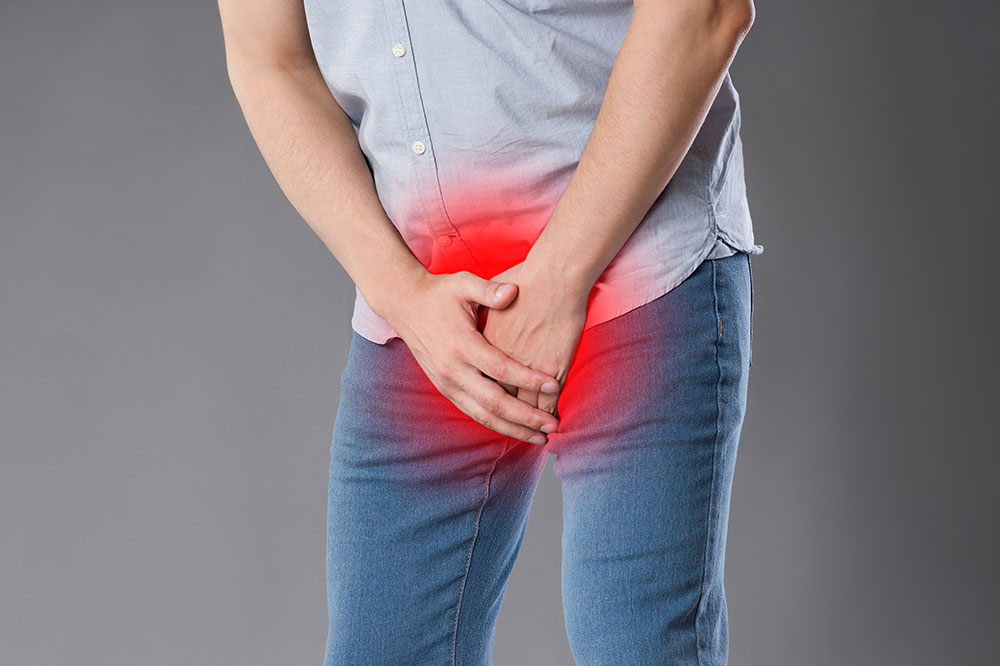
Natural Remedies to Manage Overactive Bladder
Managing an overactive bladder requires constant care. Symptoms get better when you practice remedial measures that work for your body; this includes monitoring what you eat and making other lifestyle changes. The following treatment options for overactive bladder may help you deal with your condition better.
1. Monitor fluids
Those with overactive bladder need to limit fluids that trigger pelvic pressure. Beverages like coffee and tea should be avoided because the caffeine present in these may intensify urinary function. Other bladder triggers include sodas, carbonated fruit drinks, and alcohol. They can cause symptoms such as elevated urination urgency and loss of bladder control. Also, if you have OAB, monitor the amount of water you drink. If you overhydrate, you may upset your bladder. It is recommended to drink 64 ounces of water a day, but you should discuss how much water to consume daily with your doctor.
2. Diet restrictions
Just like fluids, foods also have an impact on bladder function. Foods like tomatoes, honey, and raw onion may worsen symptoms of overactive bladder. Also, check food labels for processed forms of these foods. Sauces, pastes, and dressings usually have tomatoes or tomato puree, and it’s best to avoid it in any form. When you limit such triggers, your symptoms have more chances of getting better, which is why diet alterations are considered a vital treatment option for overactive bladder. However, note that bladder triggers differ from case to case. Monitoring how your body responds to a certain food will help you decide on what to limit in your diet.
3. Exercise to reduce bladder pressure
Regularly working out is also considered a treatment option for overactive bladder, mostly because abdominal weight can put pressure on the bladder and increase the frequency of urination. When you get rid of those few extra pounds through exercise, pressure decreases, and the urinary tract can function with ease. Consult your doctor to discuss the intensity of your workouts. The doctor may also suggest Kegel exercises, which involve training the pelvic floor muscles.
4. Improve magnesium intake
Studies have shown that magnesium is linked to improved bladder control, which is why it is a standard treatment option for overactive bladder. Magnesium supplements can boost nerve function, which helps with incontinence. So your doctor may recommend certain capsules that have a good dose of this mineral. However, you can also boost your magnesium levels naturally by consuming foods like spinach and bananas. Having corn, which is also rich in magnesium, is considered helpful in emptying the bladder and reducing recurring urges to urinate. Doctors usually recommend having up to 400 mg of magnesium daily.


